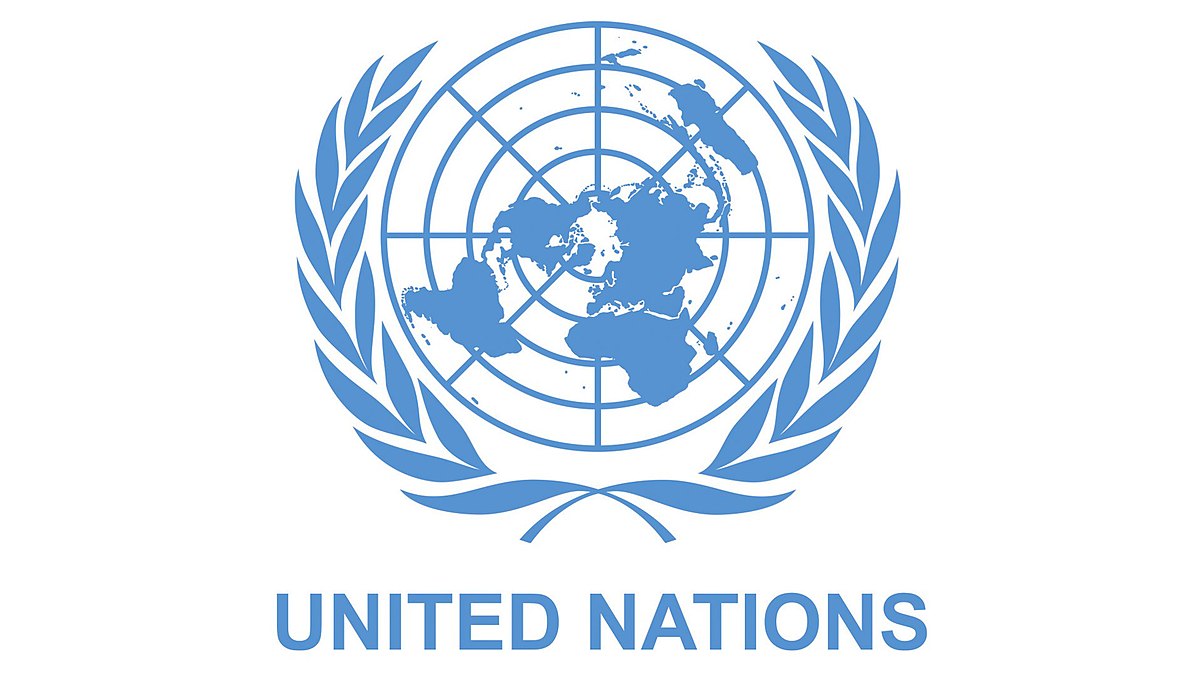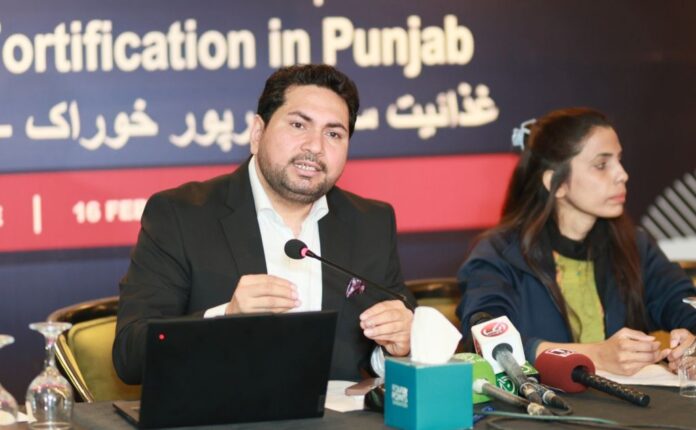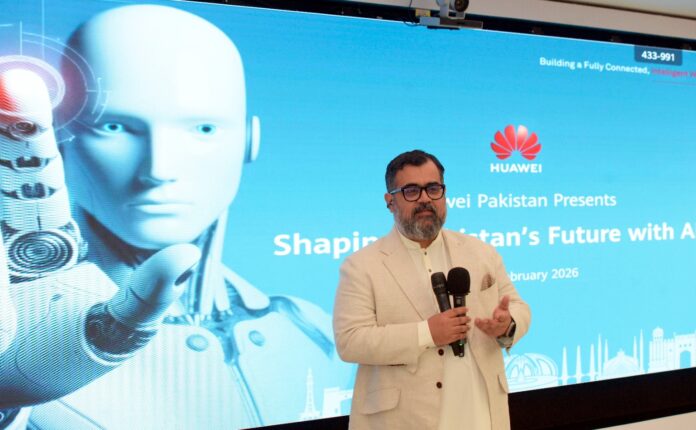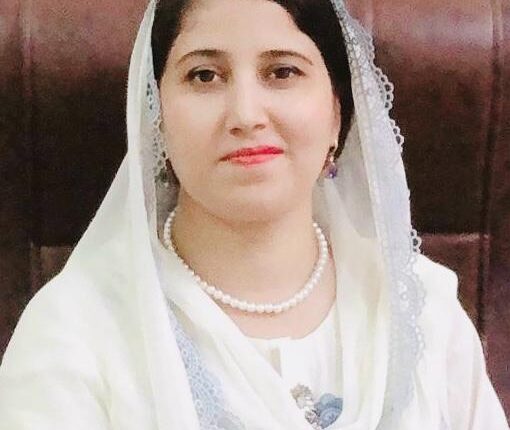UN: Pakistan has urged the UN Human Rights Council (HRC) to shift its focus to economic, social and cultural rights instead of focusing “disproportionately” on the human rights situation in developing countries. “The Council and human rights mechanisms should also address historical and contemporary phenomena such as racial discrimination, xenophobia, social inequalities, Islamophobia and hate crimes,” Ambassador Munir Akram said in a discussion on the future of the Geneva-based Council.
“While some situations are prominently projected and amplified in HRC; other, more serious situations – Jammu and Kashmir – are being ignored,” he said, stressing the need to avoid a double standard in dealing with rights “situations” at the UN. The 47-member council, armed with more powers, was created in 2006 after the failure of its predecessor — the Human Rights Commission of 1946. “Today,” said the Pakistani envoy, “the HRC is also subject to serious criticism and suffers from many of the same shortcomings as the Commission; especially because of the Council’s political bias, selective and partial approach and structural problems – which seriously threaten its credibility.
Also read: Israel struck Palestinian police escorting Gaza aid, says US envoy
“There is more emphasis on civil and political rights, while economic, social and cultural rights – as well as the right to development – are given short shrift,” Ambassador Akram told the participants. He noted that the Council’s agenda was overloaded with some topics that should be dealt with by specialized UN agencies. “Western countries are making a concerted effort to impose norms that are clearly incompatible with the national laws and cultures of other countries – sexual orientation, gender identity,” said the Pakistani envoy, pointing out that some of its mechanisms, as well as the Office of the High Commissioner for human rights are largely employed by nationals of developed countries.
“There is a need to rationalize the entire structure of human rights – the agenda, meetings and special sessions, mandate holders and the Office of the High Commissioner. Pakistan, he said, believed that the promotion of human rights was a shared responsibility that could only be achieved in an objective, transparent, non-selective, constructive, non-confrontational and non-politicized manner. “There is a need to strengthen cooperation, technical assistance and support to developing states on human rights issues at their request, in a non-conflictual and cooperative manner,”







